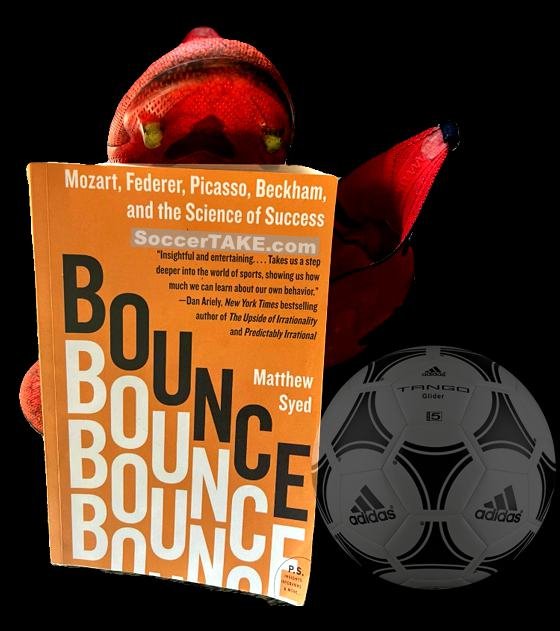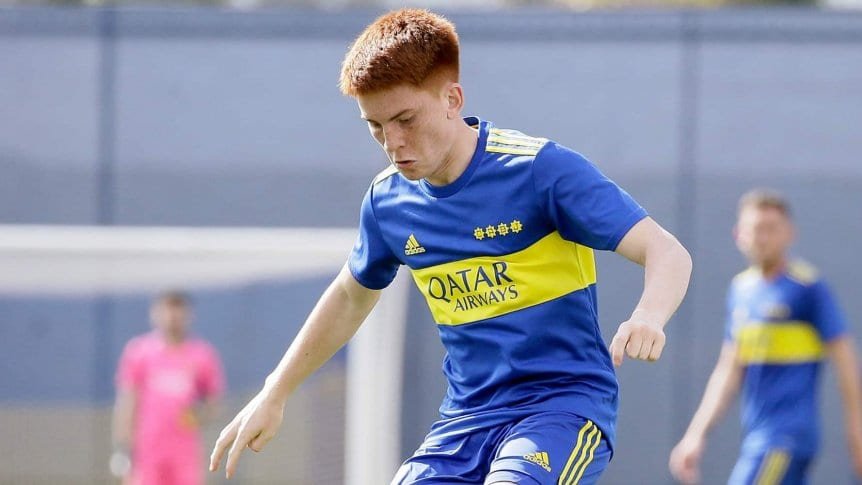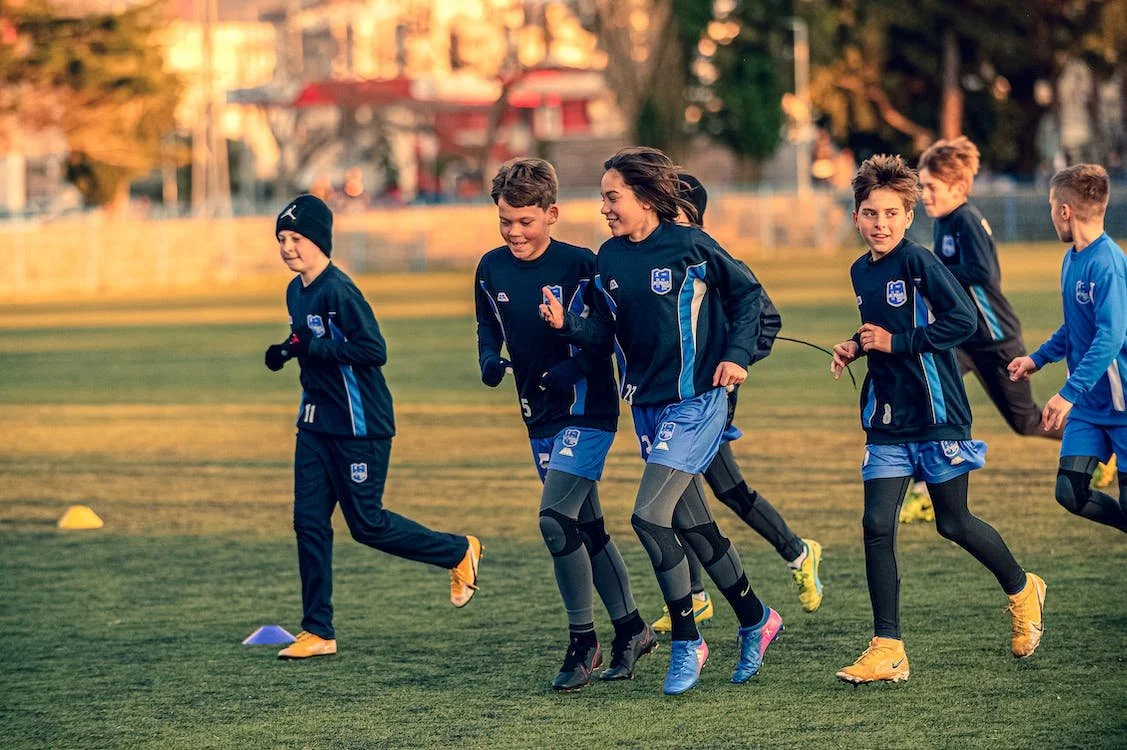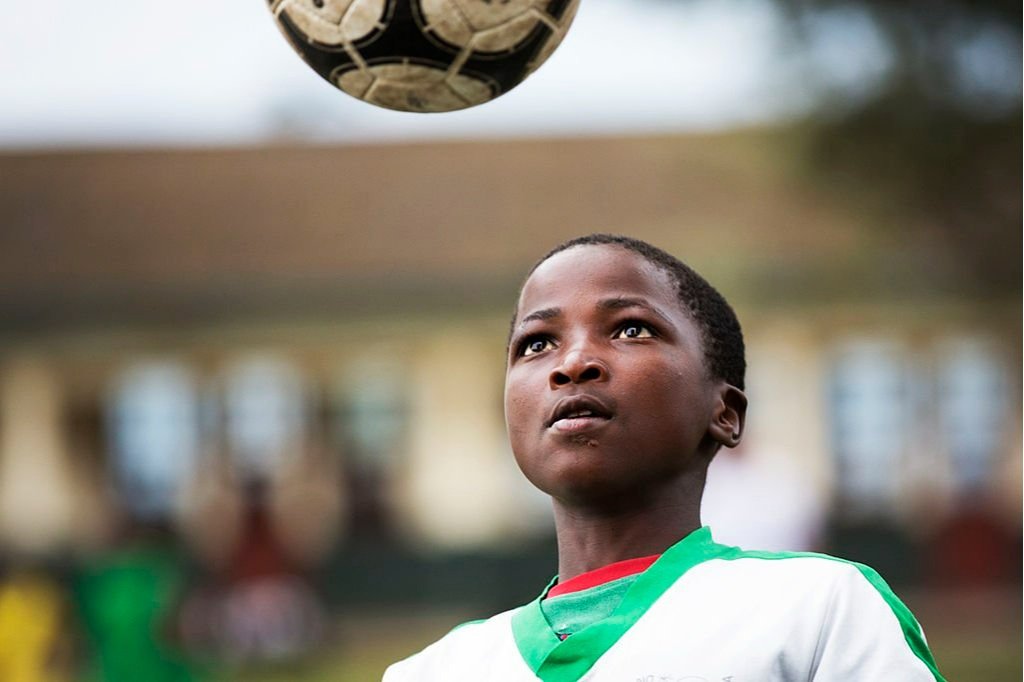Unlocking Soccer Player Potential: Exploring Essential Parts of Development
Developing as a youth soccer player requires a comprehensive approach that encompasses various aspects of training and overall athletic development. This article will discuss the importance of ball mastery training, team training, overall athletic training, and the benefits of participating in other sports. Additionally, we'll touch upon the nonlinear nature of skill acquisition and draw insights from some of the world's greatest athletes. Let’s dive in.
Ball Mastery
Ball mastery training is a fundamental and even more so, a key aspect of soccer development. It entails the practice of controlling and manipulating the ball with different parts of the foot and body. Mastery of the ball is the key to unlock the path for players to develop the skills necessary for dribbling, passing, and shooting. By focusing on individual technical skills, players can improve their touch, fluidity, and confidence on the field. This type of training not only enhances a player's overall performance but also encourages creativity and quick decision-making.
Team Training
While individual skills are crucial, team training is equally important for a player's development. Participating in team training sessions allows players to understand their role within a team, learn various formations, and develop tactical awareness, and of course, further develop their technical abilities. This collaborative environment fosters communication and teamwork, both essential components of success in soccer.
Athletic Training
In addition to soccer-specific training, overall athletic development is vital for young players. This includes strength and conditioning, speed and agility, and flexibility exercises that improve a player's physical attributes. A well-rounded athletic foundation helps to prevent injuries, enhance endurance, and increase a player's speed and power on the field.
Participation in Other Sports
Engaging in other sports can also contribute to a young soccer player's development. By participating in different sports, players can develop a diverse set of skills, improve their overall athleticism, and build mental resilience. For instance, playing basketball can enhance a player's spatial awareness and footwork, while track and field can improve their speed and stamina.
Skill Acquisition and Nonlinear Development
The process of skill acquisition is complex and nonlinear, meaning that players may experience growth spurts, plateaus, and setbacks along their development journey. It is essential for young athletes to understand that progress may not always be evident and that patience and perseverance are crucial for long-term success. Coaches, parents and athletes thus need to take a long-term view on development. Think of it this way: you do not notice the growth of a tree when you look at it every day, nevertheless, trees get taller and taller.
The 10,000-hour rule, popularized by author Malcolm Gladwell in his book "Outliers," suggests that it takes approximately 10,000 hours of deliberate practice to master a skill. This idea has been widely debated, but it emphasizes the importance of hard work and skill development over innate talent when it comes to achieving athletic success. By investing time and effort into their craft, athletes can develop their skills and get closer to reaching their full potential. This concept highlights the importance of a growth mindset in sports, as it encourages athletes to continually seek improvement and recognize that their abilities can be honed and refined through dedicated practice.
What Can We Learn From World-Class Athletes?
Michael Jordan, Kobe Bryant, and Cristiano Ronaldo are all examples of athletes who have achieved greatness through dedication, hard work, and a multifaceted approach to their development. Michael Jordan, one of the greatest basketball players of all time, attributed much of his success and development as an athlete to his relentless work ethic and commitment to improvement. A prime example of this was when he failed to make the varsity basketball team during his sophomore year in high school. Instead of being discouraged, Jordan used this setback as motivation to work even harder, pushing himself to excel in all aspects of his game. This determination to improve and refusal to accept defeat played a crucial role in shaping Jordan's illustrious career, helping him become the iconic athlete that he is today. Similarly, Kobe Bryant was known for his relentless work ethic and commitment to improving every aspect of his game. Cristiano Ronaldo is another prime example of an athlete who has prioritized overall athletic development, focusing on strength and conditioning, diet, and mental preparation alongside his soccer training.
The Bottom Line
Young soccer players have a variety of ways to improve their skills and become well-rounded athletes. Ball mastery training, team training, overall athletic training, and participating in other sports all contribute to their development. It is essential to understand that skill acquisition is a process, and development is not linear. Learning from the insights of famous athletes like Michael Jordan, Kobe Bryant, and Ronaldo can be invaluable for young players. Each of these athletes emphasized the importance of hard work, dedication, and constant improvement.
Ultimately, the journey to becoming a successful soccer player is a long and challenging one, filled with ups and downs. However, with the right mindset, dedication, and commitment to improvement, young players can overcome obstacles and reach their goals. By focusing on the various aspects of their development and learning from the experiences of great athletes, they can grow into the best version of themselves on and off the field.
Book Recommendations
Here are 4 Best-Selling soccer books focusing on player development and coaching:
Soccer IQ: Things That Smart Players Do by Dan Blank
A best-selling guide to understanding the game of soccer at a deeper level, focusing on the thought processes and decision-making skills that differentiate top players.
The Talent Code: Greatness Isn't Born. It's Grown. Here's How by Daniel Coyle
This best-selling book investigates the science of talent development, drawing on research and case studies from various fields, including soccer, to provide practical advice on nurturing skills and abilities.
Coaching Soccer: The Official Coaching Book of the Dutch Soccer Association by Bert van Lingen
This book, endorsed by the Dutch Soccer Association, provides an in-depth look at the renowned Dutch soccer development philosophy and offers valuable coaching tips and strategies.
The Barcelona Way: Unlocking the DNA of a Winning Culture by Damian Hughes
This best-selling book delves into the unique culture and player development approach of FC Barcelona, one of the world's most successful soccer clubs, providing insights and lessons that can be applied at any level of the sport.
Here are 3 Best-Selling books on athletic development, focusing on various aspects of training and overall athletic improvement:
The Sports Gene: Inside the Science of Extraordinary Athletic Performance by David Epstein
This best-selling book explores the complex relationship between genetics and athletic performance, examining how talent and hard work contribute to an athlete's success.
Mind Gym: An Athlete's Guide to Inner Excellence by Gary Mack and David Casstevens
A best-selling guide that focuses on the mental aspects of athletic development, providing practical strategies for athletes to enhance their mental toughness, focus, and confidence.
The Champion's Mind: How Great Athletes Think, Train, and Thrive by Jim Afremow
This popular book provides insights into the mindset of elite athletes, exploring the mental strategies they employ to achieve peak performance and reach their full potential.













